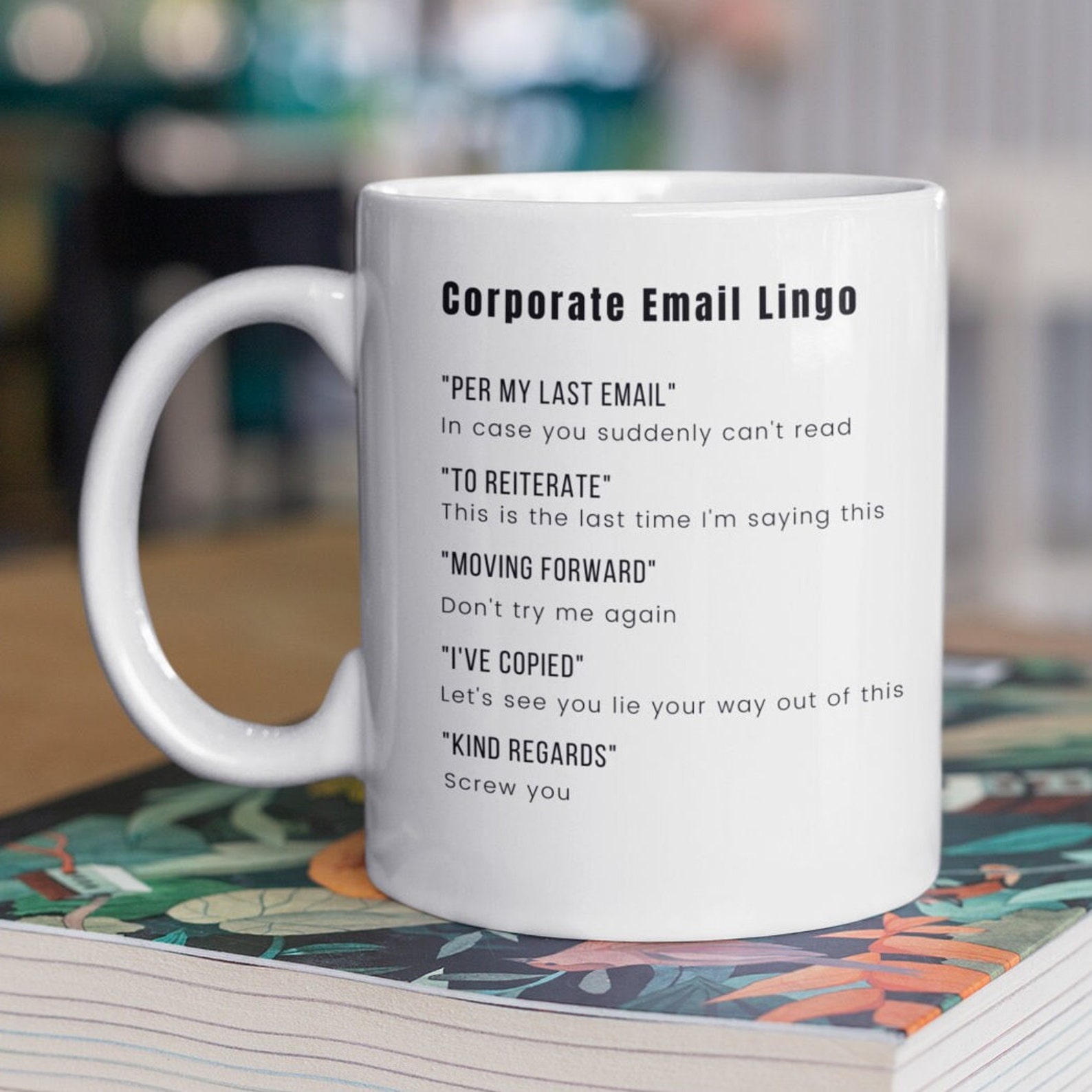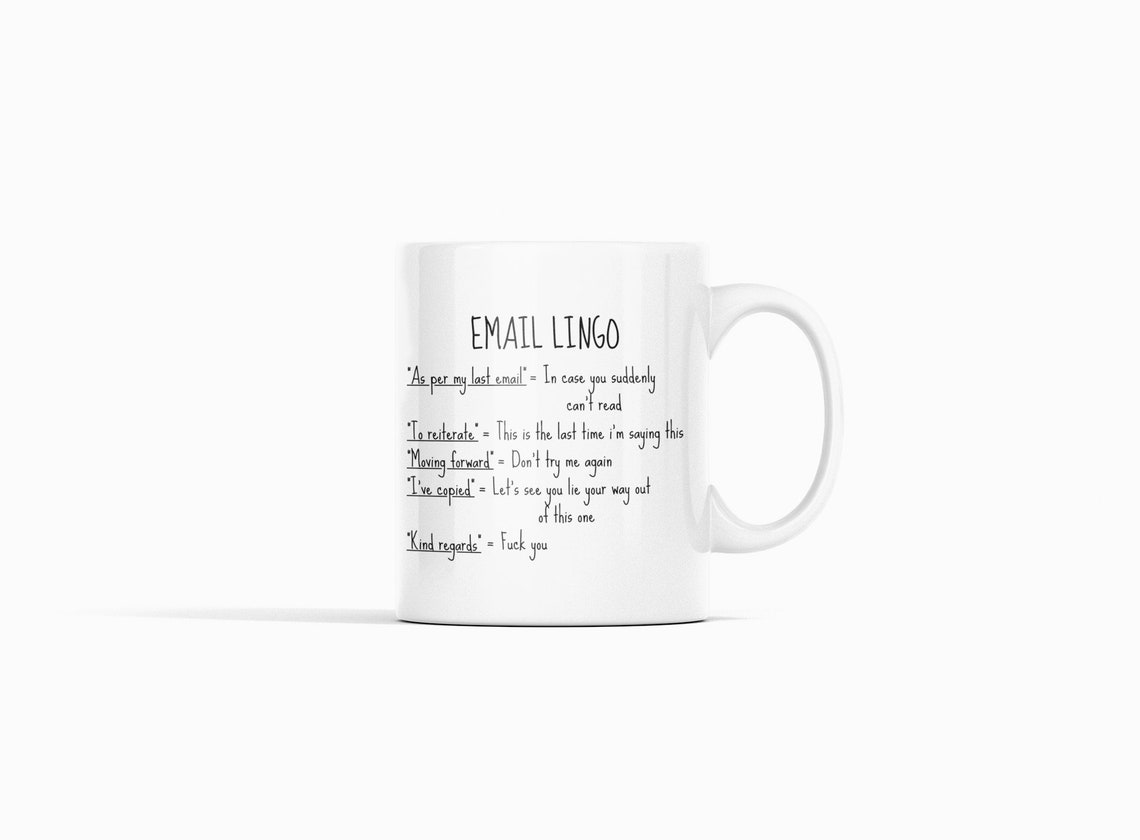

Unless your boss is particularly uptight, why not try going with the more informal ones? I work in a small technical support team who have a great reputation for being friendly, helpful and accessible – in part, because we use everyday language and remember that we’re writing to people, not just trying to knock another email out of the queue.

When you’ve heard nothing back and want to chase up a reply.When you need a response (but not necessarily any action taking).When you’re asking the recipient to take some action.When you’ve answered someone’s question.When you’re initiating email contact with someone new.I’ve listed some options below for different types of email situations, such as: There are a few phrases which I see constantly in emails from huge technical support firms, government offices and similar organisations: used carelessly, they can feel distancing or insincere. The trick is to make them heart-felt rather than copied-and-pasted. I agree with Juan that it can definitely help to have some ready-crafted sentences on hand for including in your emails – either just keeping them in mind, or creating a document on your computer to hold them ready for copy-and-pasting. If you write a lot of emails, you’ll often find yourself facing the same sorts of situations again and again, and you’ll often see stock phrases used in business emails to convey a professional, helpful and friendly tone. What Juan’s describing here are stock phrases. Could you please write some more like those in different contents of mails? Please teach me before we sign off the mail with “warm regards” etc ,we also always using some phrasal sentences such as “please look into this matter” or “thank you in advance”, “I would be very appreciate on your help in this matter”, etc. I just discovered your page and I love it. When I wrote a post on email etiquette, one reader, Juan, left a comment to ask for some advice (I’ve changed his punctuation a bit for clarity’s sake): Useful Stock Phrases for Your Business Emails By Ali Hale


 0 kommentar(er)
0 kommentar(er)
